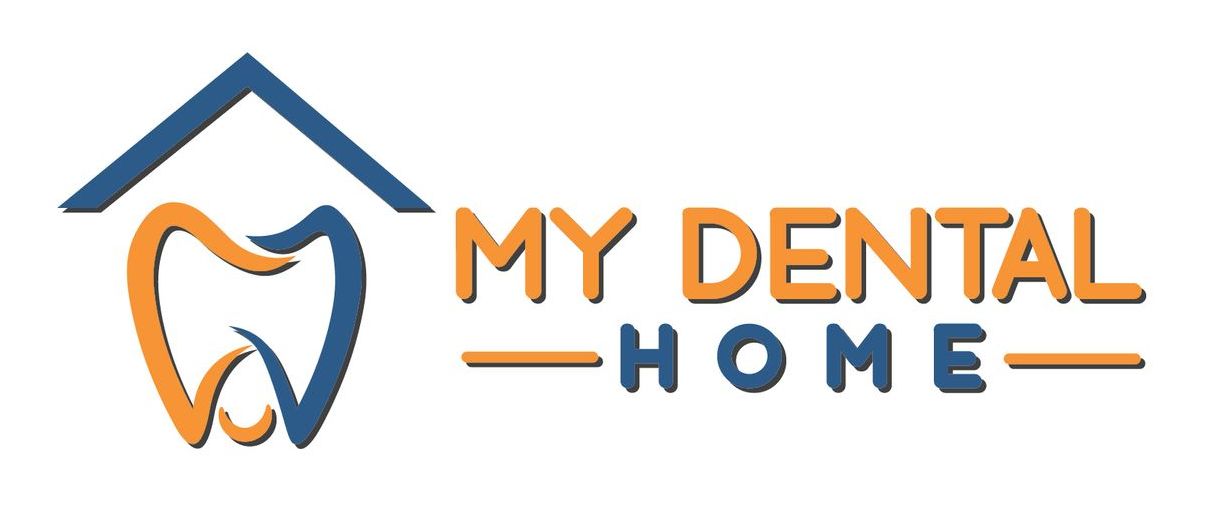How to Identify and Prevent Tooth Decay in Children
Ensuring the dental health of children is an important part of their overall well-being. Tooth decay, one of the most common dental problems, can affect your child's ability to eat, speak, and focus on daily activities. We believe that understanding the causes and knowing how to identify the early signs of tooth decay can help prevent serious dental issues in the future.
Tooth decay is a process that involves the destruction of tooth enamel by acids produced by bacteria. These acids are formed when sugar in foods and drinks is broken down by bacteria in the mouth. Teaching children the importance of dental hygiene and the effects of diet on their teeth can make a significant difference in preventing cavities.
By educating ourselves and our children about the signs and preventative measures for tooth decay, we can keep their smiles healthy and bright. Taking proactive steps in their dental care routine can help avoid painful procedures and ensure they grow up with strong, healthy teeth. Prevention starts with knowledge, and we are here to provide you with the tools and information necessary to protect your child's dental health.
Understanding the Causes of Tooth Decay in Children
Tooth decay in children is often caused by the accumulation of plaque, a sticky film of bacteria that forms on the teeth. When children consume sugary foods and drinks, the bacteria in plaque produce acids that attack the tooth enamel. Over time, these acid attacks can weaken the enamel, leading to cavities.
Another significant cause of tooth decay is poor oral hygiene. When children do not brush and floss regularly, plaque and bacteria can build up, increasing the risk of cavities. Additionally, certain behaviors, such as drinking from a bottle or sippy cup filled with sugary liquids, especially before bed, can prolong exposure to acids, further enhancing the chances of decay.
Signs and Symptoms of Tooth Decay to Watch For
Recognizing the early signs of tooth decay can help us take action before the problem worsens. One of the initial symptoms of tooth decay is the appearance of white spots on the teeth. These spots indicate that minerals are being leached out of the enamel due to acid attacks. If left unchecked, these spots can turn into brownish or black spots, signifying more advanced decay.
Another symptom to watch for is tooth sensitivity. Children may complain of discomfort when consuming hot, cold, or sweet foods and drinks. Persistent bad breath or a foul taste in the mouth can also be signs of tooth decay. In more severe cases, you may notice visible holes or pits in the teeth, and the child might experience pain or swelling in the affected area. If any of these symptoms are present, it's essential to consult a dentist promptly to prevent further damage.
Effective Strategies to Prevent Tooth Decay
Preventing tooth decay requires a combination of good oral hygiene practices and healthy habits. Brushing twice a day with fluoride toothpaste is crucial. We must supervise our children’s brushing to ensure they are doing it properly and for the correct amount of time, about two minutes. Flossing their teeth daily also helps remove food particles and plaque from between the teeth and under the gumline where a toothbrush can’t reach.
Regular dental check-ups play a vital role in preventing tooth decay. These visits allow for professional cleanings, fluoride treatments, and early detection of any dental issues. Dental sealants can also be applied to the chewing surfaces of the back teeth, adding an extra layer of protection against cavities. Encouraging our kids to drink plenty of water helps wash away food particles and keep their mouths moist, making it harder for bacteria to grow.
The Role of Diet and Hygiene in Preventing Cavities
Diet plays a significant part in maintaining our children’s dental health. Limiting sugary snacks and drinks is essential because sugars are the primary fuel for the bacteria that cause decay. We can opt for healthier snacks like fruits, vegetables, cheese, and yogurt, which not only provide necessary nutrients but also help neutralize acids in the mouth. It is also important to establish a routine of eating regular meals and avoiding frequent snacking, to minimize the constant exposure of teeth to harmful acids.
Besides diet, maintaining good hygiene practices is equally important. Teaching our kids to rinse their mouths with water after eating snacks or meals can help wash away food particles and reduce acid formation. Using an appropriate amount of fluoride toothpaste and ensuring our children spit it out without swallowing can fortify their enamel against decay. Reinforcing these habits daily promotes a foundation of healthy teeth.
Final Thoughts
Preventing tooth decay in children requires a comprehensive approach that includes good oral hygiene, regular dental visits, and a healthy diet. By understanding the causes and symptoms of tooth decay, we can take proactive measures to protect our children’s teeth.
Encouraging consistent brushing and flossing, limiting sugary snacks, and ensuring regular dental check-ups are critical to maintaining oral health.
My Dental Home is committed to helping you and your child achieve optimal dental health. Schedule a
dental appointment with us today to ensure your child’s teeth stay healthy and strong. Let's work together to lay the groundwork for a lifetime of healthy smiles.
Contact Us
Business Hours
- Monday
- Closed
- Tue, Fri
- -
- Wed - Thu
- -
- Sat - Sun
- Closed
Contact Us
Business Hours
- Monday
- Closed
- Tue, Fri
- -
- Wed - Thu
- -
- Sat - Sun
- Closed
All Rights Reserved | Energize Group

